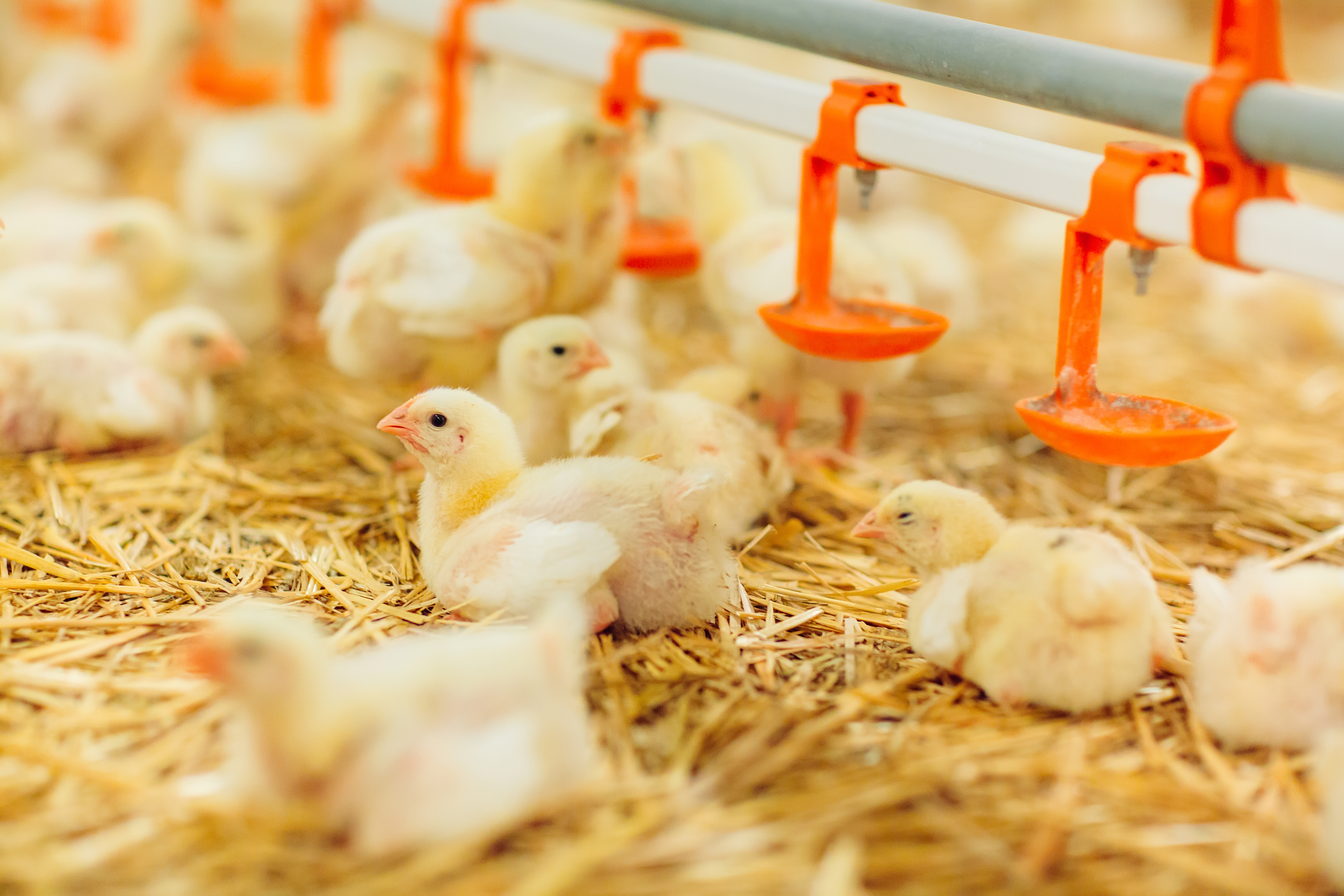



Researchers explore nutrition-based solution to woody breast
A newly-published study suggests that a diet rich in antioxidants fed early in a bird's life can decrease the severity of woody breast syndrome when they reach market age.USPOULTRY and the USPOULTRY Foundation announce the completion of a funded research project at The Ohio State University in Wooster, Ohio, in which researchers explored nutritional strategies to reduce the incidence and severity of wooden breast. The research was made possible in part by an endowing Foundation gift from Mar-Jac Poultry and is part of the Association’s comprehensive research programme encompassing all phases of poultry and egg production and processing. A complete report, along with information on other Association research, may be obtained through USPOULTRY’s website.

Project 710
Early post-hatch nutritional strategies to reduce the incidence and severity of wooden breast and inflammatory myopathies
In a recently completed research project, Dr Sandra G. Velleman and colleagues at the College of Food, Agricultural, Consumer and Environmental Sciences at The Ohio State University investigated the effects of increased dietary omega-3 fatty acids and antioxidants on the incidence and severity of wooden breast. Data suggest that early diet intervention with antioxidants will decrease the severity of phenotypic wooden breast at market age.









